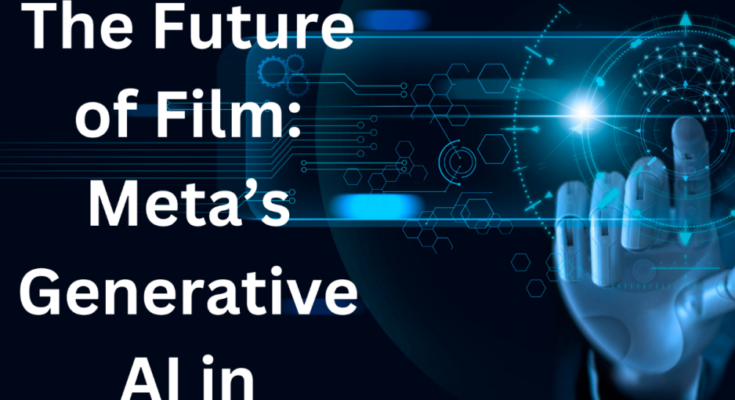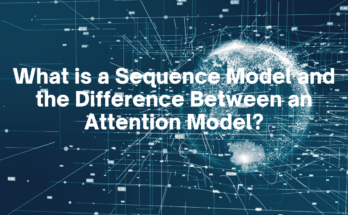Movies have always been a mesmerizing blend of art and technology. But now, with Meta’s Generative AI, we are on the brink of a new cinematic era. This cutting-edge technology is not just altering how we make films—it’s transforming the very essence of storytelling itself. Let’s dive into how Meta’s AI is shaking up Hollywood.
Meta’s Generative AI: What’s the Buzz?
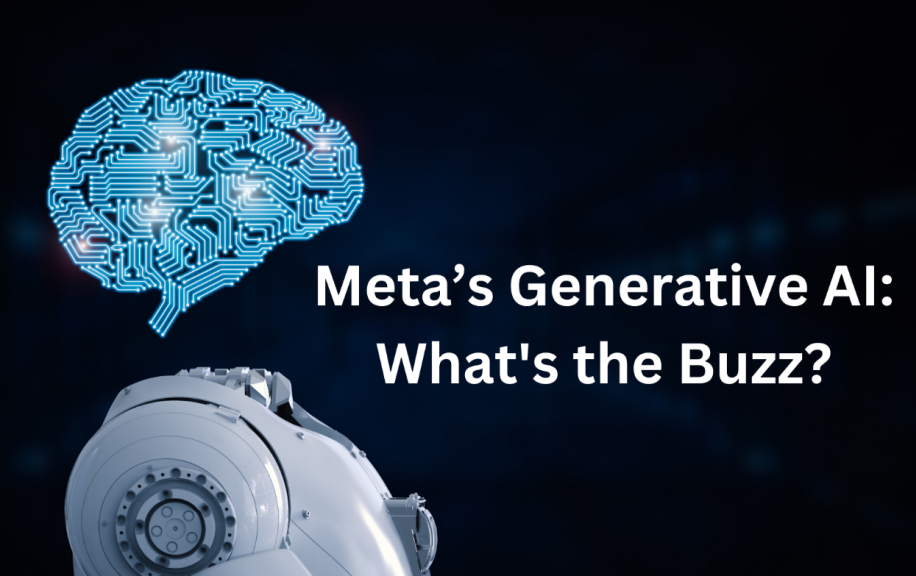
Meta, the tech giant formerly known as Facebook, has introduced a revolutionary Generative AI. This isn’t just another tool—it’s a whole new approach to creativity. Instead of simply following pre-set rules, Meta’s AI learns from many existing films, scripts, and visual content. This means it can generate fresh, unique content that feels like it was crafted by a human hand.
The Magic Behind the Curtain
So, how does it work? Meta’s AI uses neural networks—a machine learning model—to analyze and understand film patterns. It’s trained on everything from classic movies to modern blockbusters. By grasping the intricacies of plot development, character dynamics, and visual styles, this AI can create original scripts and storyboards that are both innovative and coherent.

One of the coolest features is its scriptwriting ability. Filmmakers can provide parameters like genre, tone, and character details, and the AI generates a script outline. This doesn’t just speed up pre-production; it also introduces unexpected plot twists and narrative ideas, sparking new levels of creativity.
Revolutionizing Visual Effects and Animation
But the magic doesn’t stop at scripts. Meta’s AI is set to redefine visual effects (VFX) and animation, too. It can create detailed landscapes, characters, and animations, cutting down the manual labor involved in film production. This means faster production times and the ability to experiment with visual styles that were previously out of reach.
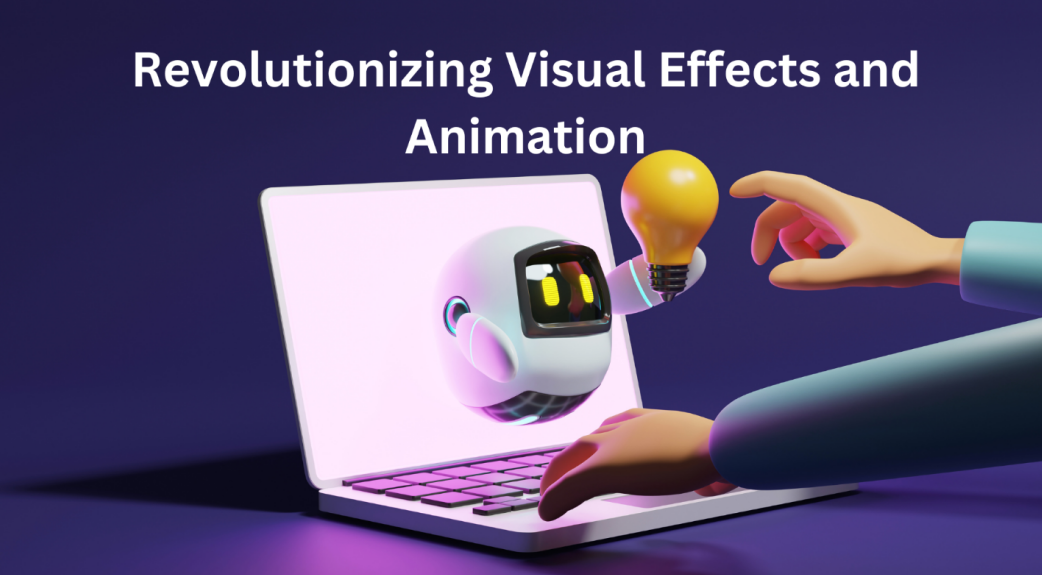
Even more impressive, Meta’s AI can blend CGI with live-action footage seamlessly. By analyzing lighting, textures, and camera angles, it ensures that CGI elements look natural alongside real-world footage. This capability is a game-changer for genres like sci-fi and fantasy, where the line between reality and imagination is often blurred.
Making Filmmaking Accessible
One of the most exciting aspects of Meta’s AI is its potential to democratize filmmaking. Traditionally, movie production has been the playground of big studios with hefty budgets. But Meta’s technology levels the playing field, giving indie filmmakers and content creators access to top-tier tools and resources.
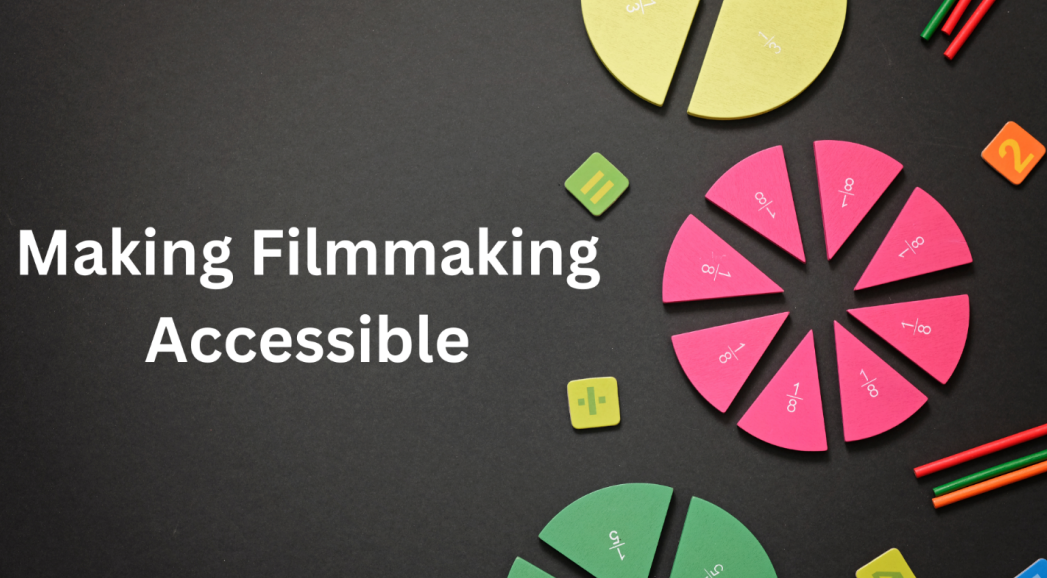
With Generative AI, even small studios can produce high-quality films without needing massive budgets. The AI automates various production aspects, allowing creators to focus on storytelling and artistic vision. This democratization could bring more diverse voices and stories into the spotlight, enriching the film industry.
Ethical Dilemmas and Challenges
Of course, this technological leap comes with its share of ethical considerations. One major concern is job displacement. As AI takes over creative and technical roles, there’s a fear that traditional jobs like screenwriting and animation might be at risk.

Then there’s the question of authorship. If an AI writes a script, who gets the credit? This gray area in intellectual property rights needs new legal frameworks to protect human creators and AI-generated content.
Moreover, there’s a risk of homogenization. While Generative AI can produce diverse outputs, reliance on data-driven models might lead to more standardized themes and styles. Filmmakers and AI developers must collaborate to ensure the technology enhances creativity rather than stifles it.
The Road Ahead
While Meta’s Generative AI is still in its early days, its potential impact is enormous. As it evolves, it’s likely to become an essential tool for filmmakers, pushing the boundaries of what’s possible in cinema.

We can expect more films blending AI-generated content with human creativity, offering richer storytelling experiences. Meta’s Generative AI doesn’t just revolutionize how movies are made—it transforms how we consume and engage with them.
Conclusion
Meta’s Generative AI marks a bold step into the future of filmmaking. By harnessing machine learning and neural networks, it’s revolutionizing movie production from scriptwriting to VFX. Despite the challenges and ethical questions, the benefits of Generative AI are vast, promising a more inclusive and innovative film industry.
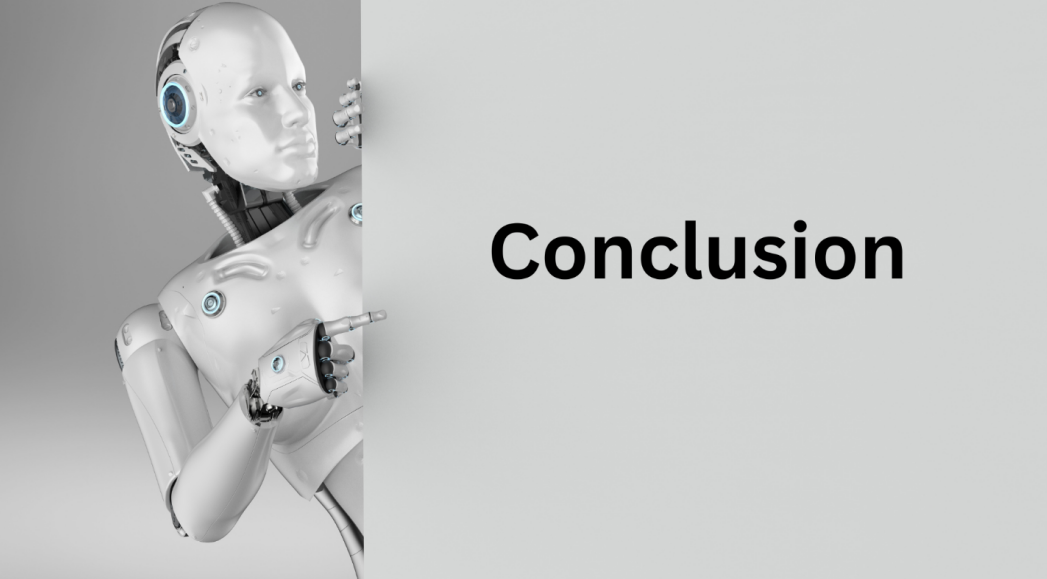
As we stand on the cusp of this new era, it’s clear that Meta’s AI isn’t just a tool—it’s a catalyst for creativity, empowering filmmakers to explore new territories and bring their wildest visions to life.
